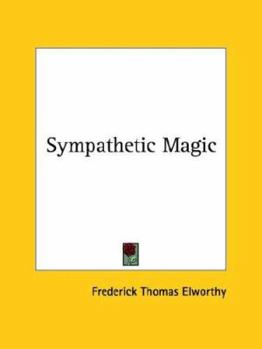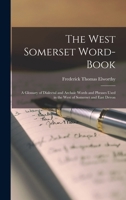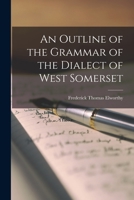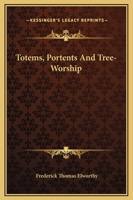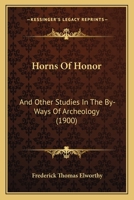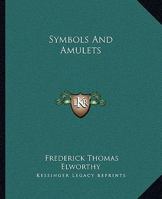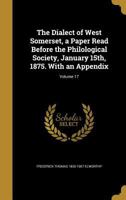Sympathetic Magic
Select Format
Select Condition 
Book Overview
Sympathetic Magic is a book written by Frederick Thomas Elworthy that explores the concept of magic and its relationship with sympathetic magic. The book delves into the history of magic, its origins, and its various forms across different cultures and societies. It examines the principles of sympathetic magic, which involves the use of objects or symbols to affect change in the world and the belief in the interconnectedness of all things. The author also discusses the role of magic in religion, mythology, and folklore, and how it has been used for both good and evil purposes throughout history. The book is a comprehensive study of magic and its various forms, and is a valuable resource for anyone interested in the history of magic and its impact on human culture.THIS 50 PAGE ARTICLE WAS EXTRACTED FROM THE BOOK: Evil Eye The Origins and Practices of Superstition, by Frederick Thomas Elworthy. To purchase the entire book, please order ISBN 0766132420.This scarce antiquarian book is a facsimile reprint of the old original and may contain some imperfections such as library marks and notations. Because we believe this work is culturally important, we have made it available as part of our commitment for protecting, preserving, and promoting the world's literature in affordable, high quality, modern editions, that are true to their original work.
Format:Paperback
Language:English
ISBN:1412980402
ISBN13:9781412980401
Release Date:November 2010
Publisher:Sage Publications, Inc
Length:248 Pages
Weight:0.80 lbs.
Dimensions:0.5" x 6.0" x 8.9"
More by Frederick Thomas Elworthy
Customer Reviews
0 customer rating | 0 review
There are currently no reviews. Be the first to review this work.










